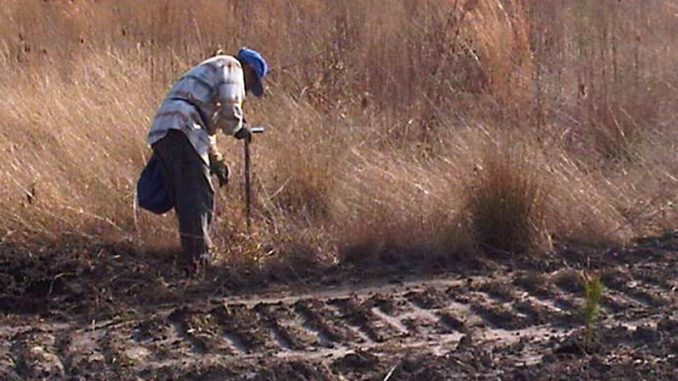
Even though warm season plantings are still several months away, preparations can start just after the first of the year. Wildlife and farm managers wanting to produce quality plots should initiate their pre-planting efforts several months prior to covering the first seed.
For most hunting tracts, the acreage set aside for food plots will double for cool- and warm-season production. For most of these fields, the soil chemistry on plots currently in cool-season production would have been corrected several months back. But, the soil chemistry and nutrient availability within these soils can become less than desired for the upcoming planting season.
Wildlife and farm managers spend countless hours and resources preparing sites for producing food plots. Correcting the soil chemistry should be at the top of the list before planting to allow these efforts to be rewarded.
Food-plot seeds require certain conditions to thrive well, and soil chemistry is among the most important factors to correct prior to planting. Most warm-season food plots are planted between March and May. Soil tests should be conducted this month to determine what types of soil amendments should be made before planting.
Soil testing will report a variety of results including, organic matter, phosphorus, potassium, magnesium, calcium, cation exchange capacity, and pH Level. While all of these factors are important, soil pH is the most important chemistry factor for growing anything. With a few exceptions, most southern soils in the Carolinas contain slightly to strongly-acidic soils. These soils must be altered with basic-type corrective supplements (limestone) 30-60 days before planting.
A soil test will allow adequate time to correct pH and add proper soil amendments before planting the first seed. Soils should be collected from several locations and mixed. The county extension agency can perform these tests for a nominal fee.




Be the first to comment